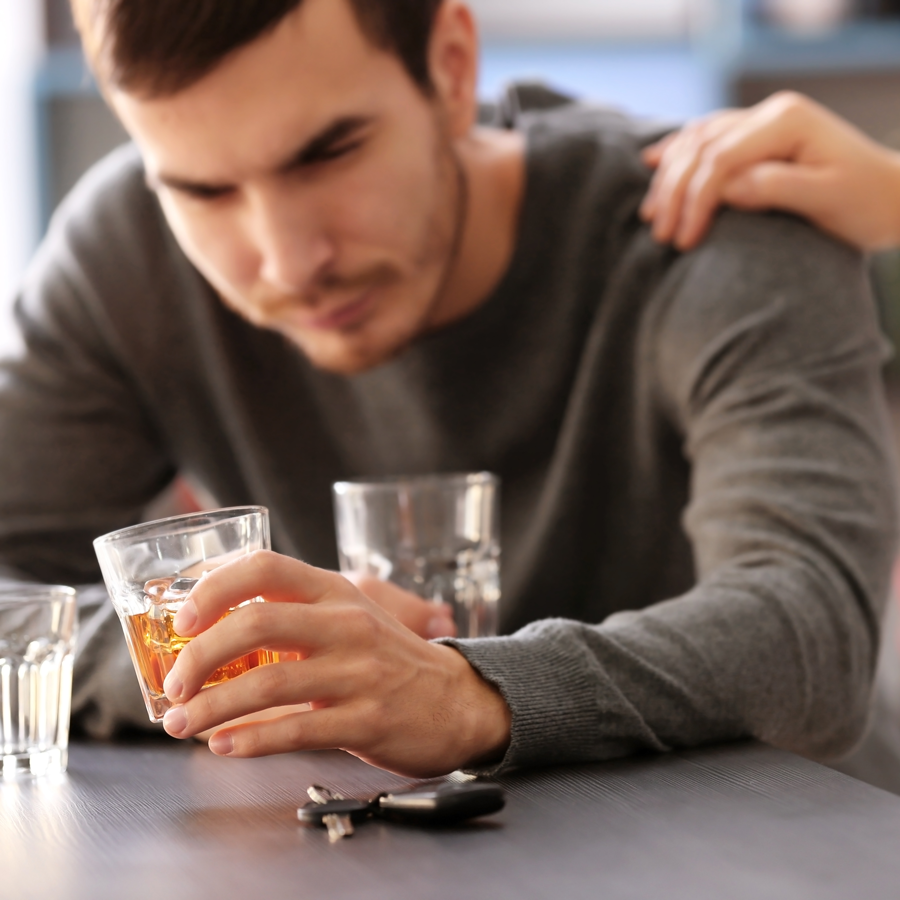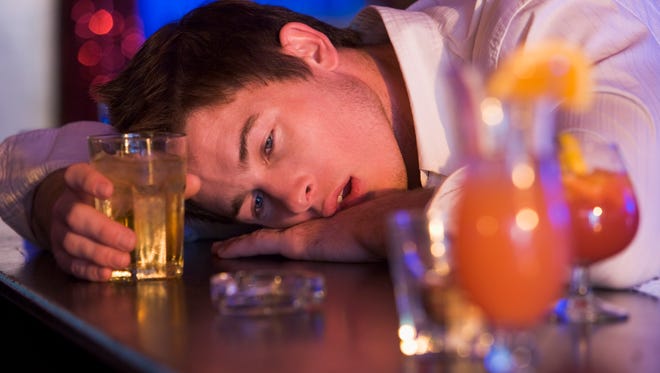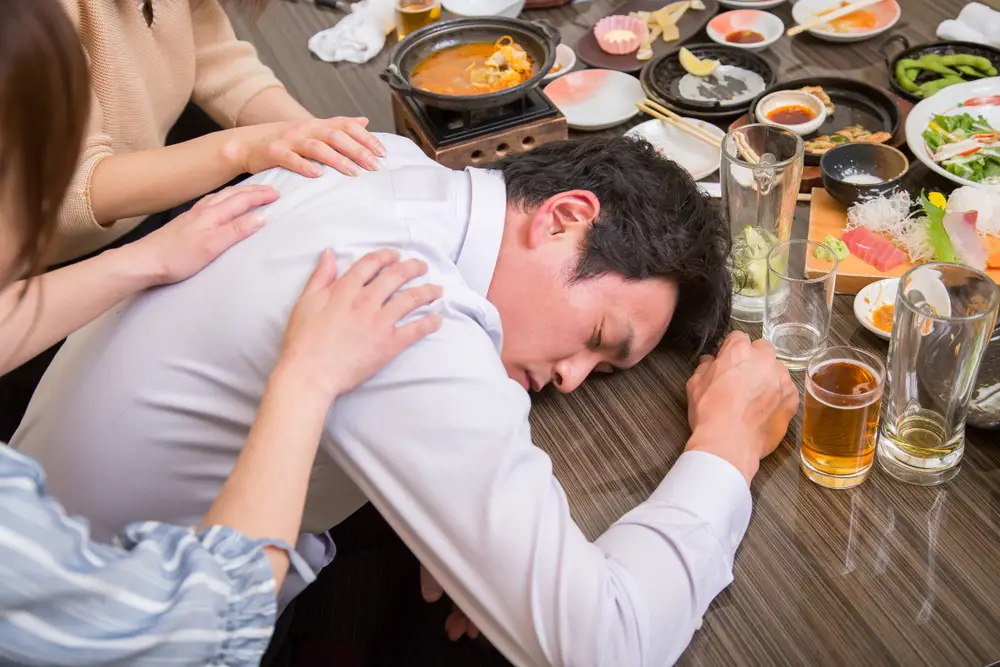Do you struggle with binge drinking? Don’t worry; you’re not alone. Many people drink alcohol occasionally. But for some, it can lead to binge drinking, where they can’t stop when they start drinking.
Binge drinking can refer to drinking high amounts of alcohol in a short period. It affects your mental and physical health. Your chances of liver damage and high blood pressure can increase with high alcohol consumption. It can impact your relationships and even affect your work performance.
Some people may find it hard to stop drinking once they start. If you’re struggling with binge drinking, here are tips on preventing and controlling your alcohol consumption.
Table of Contents
ToggleIdentify triggers

Triggers can easily lead to binge drinking. Identifying triggers that can make you feel tempted to drink is essential to avoid overdrinking. Some of the common triggers are:
Stress
Many people start drinking alcohol when they are stressed. Instead of reaching out to alcohol, you can try healthy alternatives like meditation, exercise, or talking to a friend to help with stress.
Peer Pressure
People get into binge drinking mainly because of peer pressure. Know your limits and be confident in saying no to peer pressure. Surround yourself with friends who respect your decision not to drink and hold you accountable when you stay off the limits.
Environmental Cues
Seeing alcohol advertisements or being in a bar can be powerful triggers for binge drinking. Avoid these cues or find healthy coping methods. You can listen to music, try breathing exercises, or meditate to distract yourself from environmental cues.
Social events
Social events can get tempting to overdrinking. It’s essential to plan and set limits for yourself. You can also suggest alternative activities or venues not around alcohol.
Set limits
It is essential to set limits to keep yourself from overdrinking or binge drinking. Set a drinking limit for every time you drink. Always keep the limit below the drinking guidelines, two standard drinks per day or less for men and one standard drink per day or less for women.
Depending on the age or medical conditions, these limits can even be high for some people. Setting limits is important, but you must stick to the plan to tackle your overdrinking problem. You can journal and keep track of your drinking habits. Another way could be to stick to low-alcohol drinks.
They have less alcohol, and since they are in high amounts, you can enjoy the experience by occasionally sipping without taking much alcohol. Also, skip mixed drinks. You won’t be able to keep track of your alcohol intake as you can’t figure out their alcohol content.
Keep track of yourself and reward yourself every time you drink below your limit. You can also drink with a buddy who can help you stay below your limit.
Drink mindfully
Another effective way to prevent binge drinking is to drink mindfully. Drinking mindfully means being present, paying attention to your body, and enjoying the experience while drinking. It helps you avoid overdrinking and enjoy alcohol in a relatively healthier and more responsible way.
You can drink mindfully by sipping your drink slowly and taking time to appreciate the drink or the experience. Pay attention to the experience and how your body feels, and stop drinking once you start feeling full or intoxicated.
Not just while drinking, you can also practice mindfulness to improve your overall life. Through mindfulness, you can take control of your daily habits and limit the amount of alcohol.
Seek support

You shouldn’t think twice when it comes to seeking support. The people around you can help you stop your binge drinking problem.
Seeking support is essential to prevent overdrinking. Whether it is from friends, family, or professionals, having a support system can help you with encouragement and accountability to help with your drinking problem.
Being with a company also can help break the cycle of isolation, which can become a common trigger for drinking. When we are alone, we often fall into our old habits. We can gain new perspectives and ideas by contacting others to cope with the drinking trigger.
The support system can be the listening ear, offer advice, and help to hold us accountable for our actions.
You can also seek support groups that help people with drinking problems. You can share your experiences and discuss challenges. It helps you learn from people having similar experiences in the past. Many groups and online communities are dedicated to sobriety, addiction recovery, and alcohol abuse prevention.
Alternate alcoholic drinks with non-alcoholic ones
You can also alternate an alcoholic drink with non-alcoholic ones. It helps you to control your alcohol intake, drink in moderation, and keep hydrated. Drinking more amount of alcohol can lead to increase urination leading to dehydration. Alternating between drinks keeps you hydrated, which helps minimize the adverse impact of alcohol on your body.
Drinking non-alcoholic drinks in between can keep you full to avoid overdrinking. You can drink water, juice, soda, mocktails, and even tea between alcoholic drinks. Also, avoid non-alcoholic drinks with high amounts of sugar or caffeine, as they can interfere with sleep or mood.
Plan and have an exit strategy
Planning and having an exit strategy can be a helpful tool to avoid situations where you feel tempted to drink more. Set a time limit to avoid drinking more than intended. You can keep yourself accountable by setting a timer for events where you feel tempted to drink.
You can also have a friend to watch out for each other and intervene if anyone starts overdrinking. Make sure to choose a trustworthy friend that will support you and can hold you accountable.
If you are in a situation you feel pressured to drink, you can also have an excuse ready. You can decline politely or head home early if you have an excuse for such situations. For example, you can say you’re taking medication that interacts with alcohol, have an early morning appointment, or are the designated driver.
Conclusion
Avoiding binge drinking can be challenging. You might have learned a few tips on preventing binge drinking and controlling alcohol consumption.
Identify your triggers, set limits, drink mindfully, seek support, alternate alcoholic drinks with non-alcoholic drinks, and plan and have an exit strategy to control your alcohol consumption. Avoiding binge drinking improves physical and mental health, relationships, and a safer environment.
Take action towards a better and healthier lifestyle!

I am a passionate beer connoisseur with a deep appreciation for the art and science of brewing. With years of experience tasting and evaluating various beers, I love to share my opinions and insights with others and I am always eager to engage in lively discussions about my favorite beverage.
















